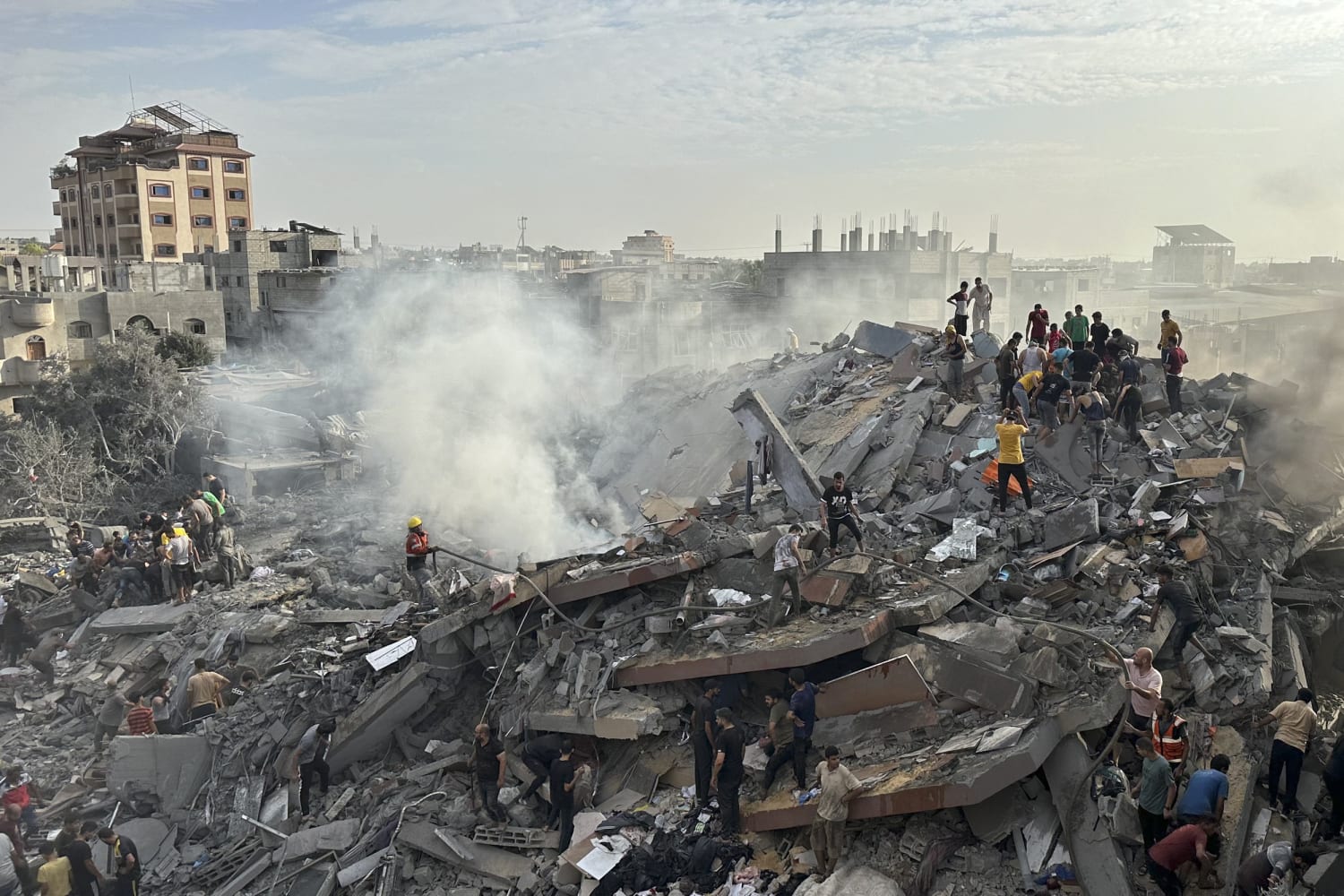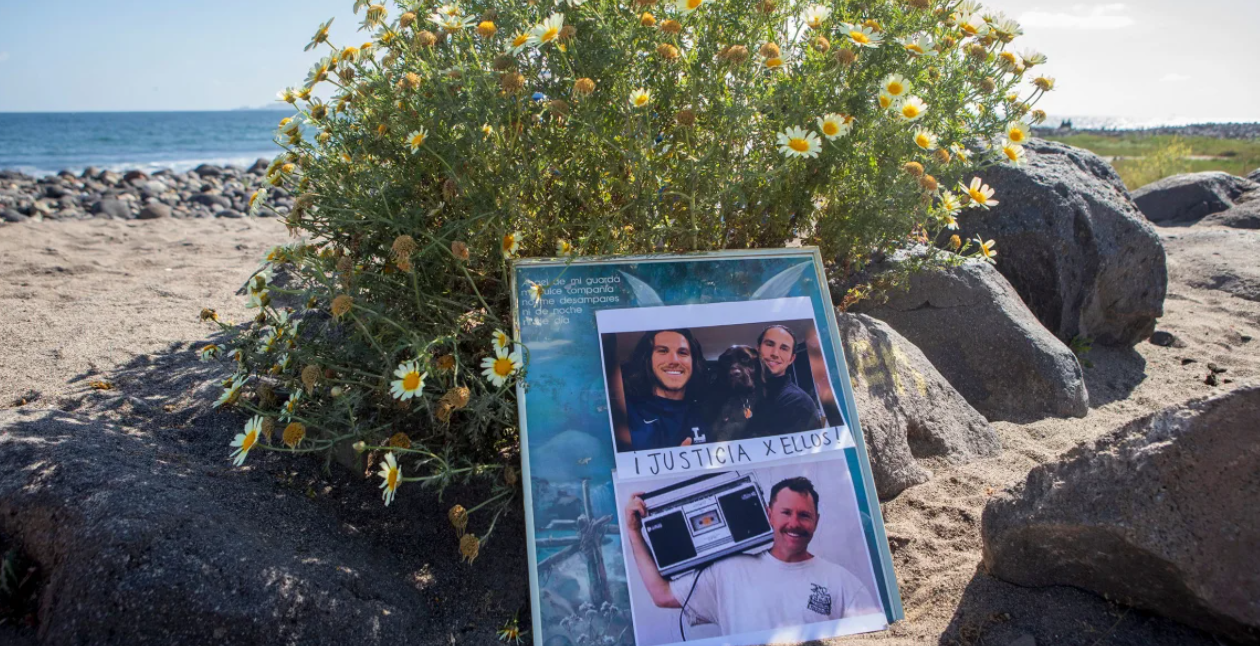Tel Aviv, Israel — The ongoing war between Israel and Gaza has reached a critical juncture, necessitating a serious reassessment of strategies and a concerted effort towards finding a lasting solution. As battles rage in Jabalia and Rafah, the cost of continued hostilities becomes increasingly unbearable for both sides, and the international community is intensifying calls for a ceasefire and renewed peace talks.
The Escalation of Conflict
The latest escalation began weeks ago and has since evolved into one of the most severe confrontations in recent years. Israeli airstrikes, targeting what the IDF claims are Hamas military sites, have resulted in significant casualties and destruction in Gaza. Meanwhile, rocket fire from Gaza has reached deeper into Israeli territory, causing widespread fear and disruption.
The fighting has been particularly brutal in Jabalia and Rafah, where ground operations and aerial bombings have left neighborhoods in ruins and civilian casualties mounting. Both sides are digging in, with Hamas vowing to resist and Israel determined to neutralize what it views as terrorist threats.
The Humanitarian Crisis
The humanitarian impact is dire. In Gaza, a densely populated area already under blockade, the infrastructure is crumbling. Hospitals are overwhelmed, essential supplies are dwindling, and electricity is scarce. The UN and various humanitarian organizations warn of an impending catastrophe if immediate aid does not reach those in need.
The Israeli population, though better shielded by advanced missile defense systems like the Iron Dome, lives under the constant threat of rocket attacks. Schools and businesses are frequently disrupted, and the psychological toll on civilians is profound.
The Need for Red Lines
Both Israel and Gaza have crossed numerous ‘red lines’ in this conflict. For Israel, the red lines involve ensuring the security of its citizens and neutralizing threats from militant groups. For Gaza, red lines include resisting occupation, lifting the blockade, and securing sovereignty.
Respecting these red lines requires mutual recognition of each other’s fundamental concerns. Israel’s legitimate right to security must be balanced with Gaza’s right to live free from perpetual siege and military incursions. The failure to address these core issues perpetuates a cycle of violence and retribution.
Calls for a Ceasefire
The international community is increasingly vocal in its calls for an immediate ceasefire. The United Nations Security Council, European Union, and United States have all urged both parties to halt hostilities and return to negotiations. Past ceasefires have been fragile, often collapsing under the weight of unaddressed grievances and provocations.
A sustainable ceasefire must be coupled with a genuine commitment to address the root causes of the conflict. This includes lifting the blockade on Gaza to allow for economic recovery and humanitarian relief, as well as ensuring security measures that prevent militant groups from rearming and launching attacks.
Towards a Permanent Solution
Finding a permanent solution to the Israel-Gaza conflict is an imperative that cannot be delayed. This requires bold leadership and willingness to make painful concessions. For Israel, this might mean reassessing settlement policies and considering more substantial territorial compromises. For Gaza, it means renouncing violence and committing to peaceful coexistence.
The two-state solution, long considered the most viable path to peace, remains elusive but necessary. It envisions an independent Palestinian state alongside Israel, with mutually agreed borders and security arrangements. Achieving this goal will require robust international mediation, possibly led by the United States with support from regional powers like Egypt and Jordan.
Conclusion
The time has come for Israel to respect the red lines of its own security and those of Palestinian sovereignty. Continuing down the current path only ensures more bloodshed and suffering. Both sides must seize this moment to embark on a path of dialogue, compromise, and ultimately, peace.
The world watches as leaders in Tel Aviv and Gaza are called upon to make historic decisions. The question remains: Will they rise to the occasion, respect the red lines, and find a permanent solution, or will they allow the cycle of violence to continue? The future of millions hangs in the balance.



